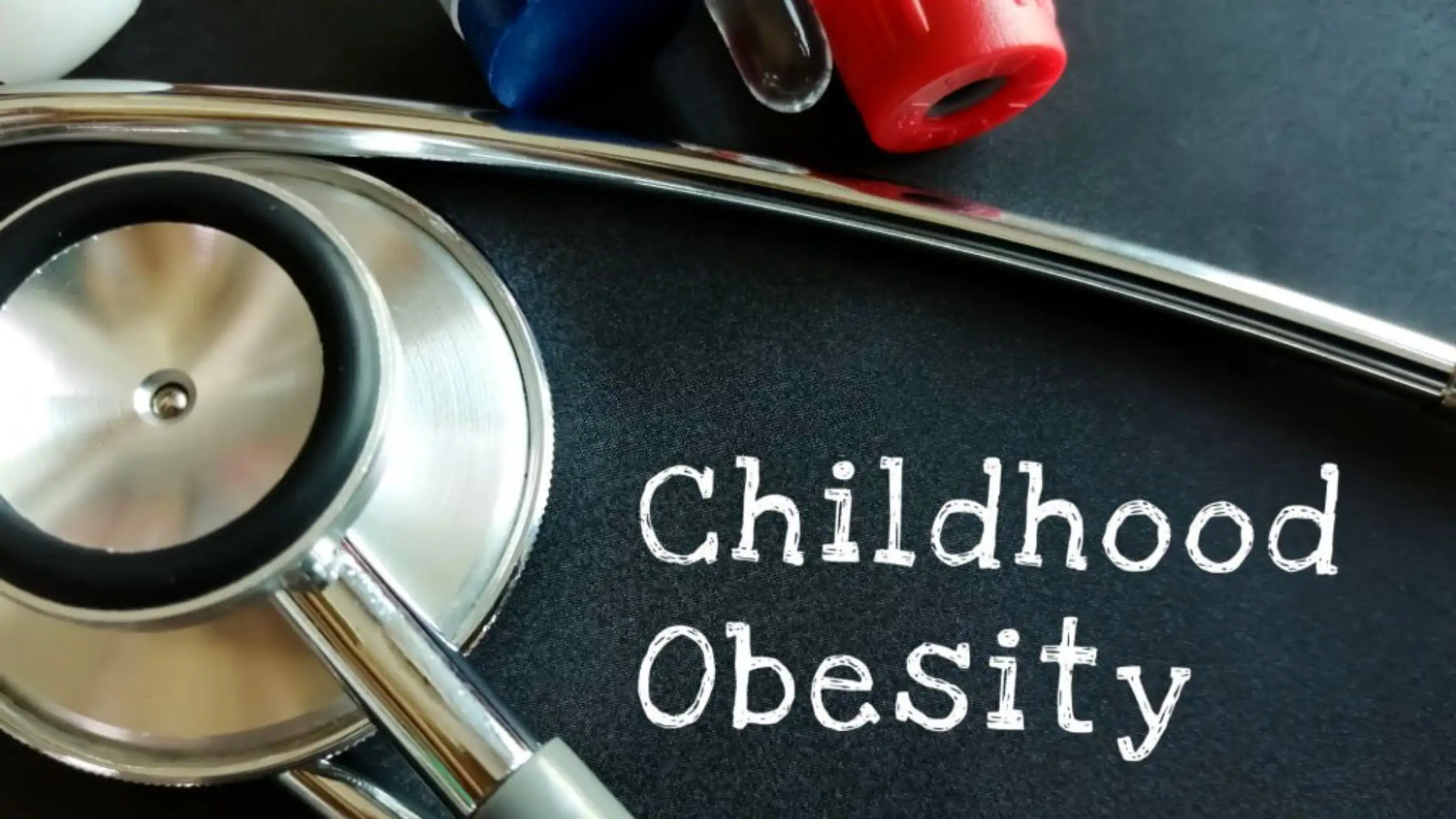Healthy School Lunches May Reduce Childhood Obesity: Study Finds!

Obesity is one of the most life-threatening conditions worldwide. United States tops among the countries with obese cases. Childhood obesity is also a growing concern in the US.
Amidst all this, a new study gives hope regarding childhood obesity by improving school meals. Read on to know more.
Childhood Obesity And Healthy Lunch!
A recent study in the Jama Pediatrics journal on February 13, 2023, found changes in the BMI of students who had healthy school lunch options. The study was under the guidance of Dr. Aruna Chandran, a leading social epidemiologist with the John Hopkins Bloomberg School of Public Health. Schoolchildren who had healthy meals at school had a lower BMI.

The current study is relevant because childhood obesity is becoming a threatening concern in the United States. Centers for Disease Control and Prevention calculates around 14.7 million children and adolescents in the US are affected by obesity. That is, 1 in 5 US kids is obese.
The current reduction in BMI can be attributed to a 2010 federal law. The law first called for increasing the nutrition standards of school meals. A plan to tackle childhood obesity in the United States was implemented. Coupled with the Healthy, Hunger-Free Kids Act of 2010, propagated by Michelle Obama, this law could reap its benefits.
The Healthy, Hunger-Free Kids Act of 2010 was the first of its kind. It supported the improvement of school meal quality all over the United States. As part of this scheme, the suggestion to include whole foods such as fruits, vegetables, and grains in school meals was raised.
The current study was among 14,000 school kids aged between 5 to 18 years old. It collected data from all over the United States by classifying 50 cohorts of school children. The data ranged from January 2005 to March 2020. Researchers analyzed the body-mass index of the kids for this study.
The results were truly inspirational. It was found that the BMI of this collective group fell by 0.041 units per year. According to the director of nutrition at MassGeneral Hospital for Children in Boston, Dr. Lauren Fiechtner, the reduction can amount to 1 pound weight loss for a 10-year-old body.

The new study is giving hope regarding the case of childhood obesity in the US. It means by implementing proper laws and structure to tackle the issue, childhood obesity can be handled. As a country with exceeding obesity cases, such growth is crucial for the United States. Even though the study is hailed nationwide, some researchers have pointed out its drawbacks.
According to them, there is doubt regarding the experiment group. The data is insufficient as the children in the experiment group wholly belong to the school kid category is not clarified. Also, they have raised the concern that taking BMI as a proxy to measure childhood obesity is not entirely reasonable.
Also read: Are The New Obesity Guidelines For Children By AAP Problematic?





